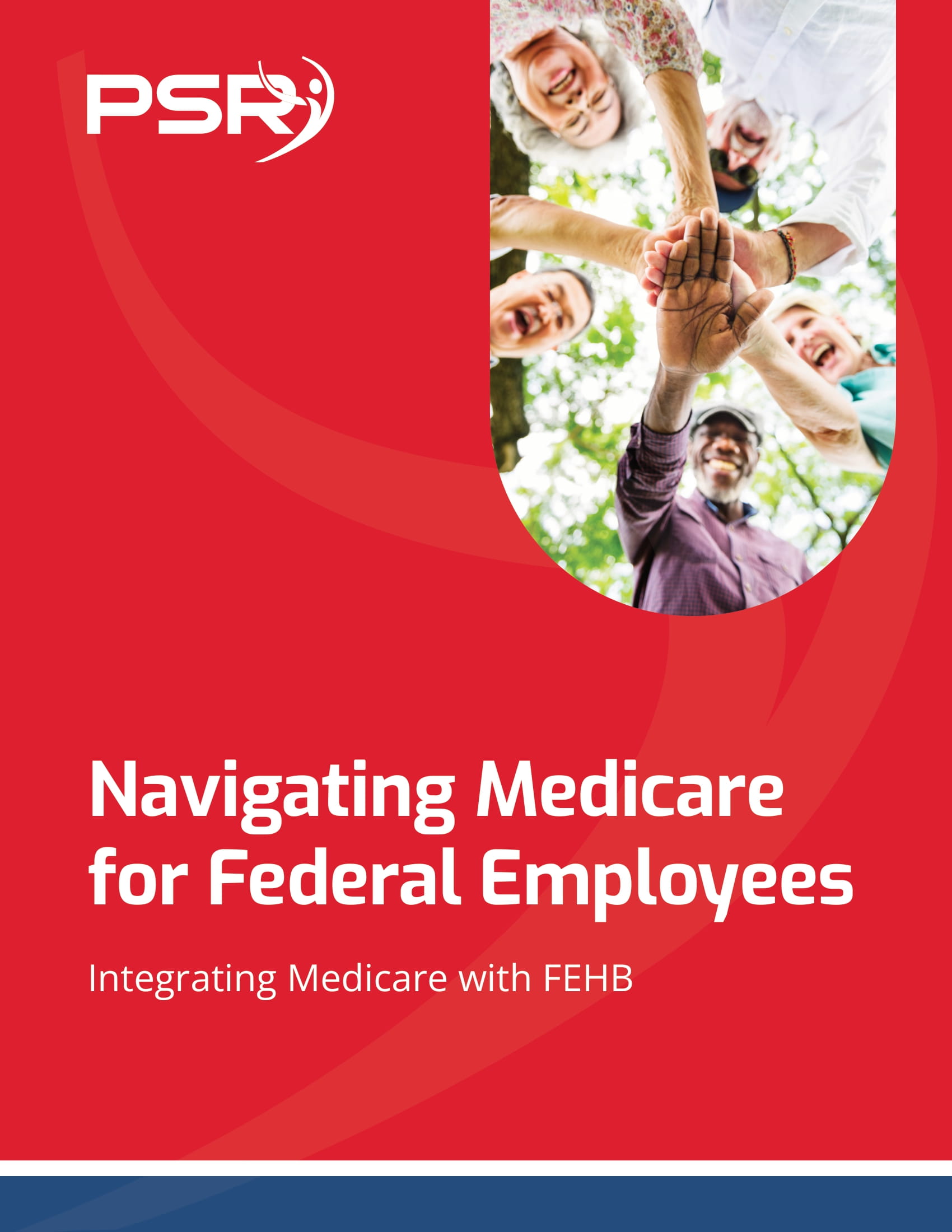[vc_row][vc_column width=”2/3″ el_class=”section section1″][vc_column_text]Over the last year, oil prices have been in a continuous bull market, with the trend increasing more and more. For nearly five years – from 2010 to 2015, a barrel of oil cost roughly $100. With an increase of shale technologies, it led to a rise in U.S. oil output, which means the worldwide supply and demand balance leaned more on the supply side.
With more supplies of oil on the market, it meant there was more inventory of oil than being demanded.
- Also Read: The FEHB-Medicare Combo Is Powerful—But Only If You Time Enrollment Correctly
- Also Read: Why More Federal Workers Are Reassessing Their TSP Withdrawal Strategies to Maximize Their Savings
- Also Read: Federal Employees, Here’s What You Need to Know About FEGLI Before You Retire
Oil production dropped in two countries for two different reasons:
Venezuela reduced production because of the country’s political instability
Iran decreased its output because of Trump’s decision to back out of the Iran deal
This meant the balance between higher prices and consumption was about even.[/vc_column_text][/vc_column][vc_column width=”1/3″][vc_single_image image=”34187″ img_size=”292×285″ style=”vc_box_shadow”][/vc_column][/vc_row][vc_row][vc_column][vc_custom_heading text=”What Effect Do Oil Prices Have On The Stock Market?
” font_container=”tag:h2|font_size:20px|text_align:left|color:%23363636″ google_fonts=”font_family:Raleway%3A100%2C200%2C300%2Cregular%2C500%2C600%2C700%2C800%2C900|font_style:500%20bold%20regular%3A500%3Anormal” css=”.vc_custom_1531332416758{margin-bottom: 20px !important;}”][/vc_column][/vc_row][vc_row][vc_column width=”1/3″][vc_single_image image=”34188″ img_size=”278×272″ style=”vc_box_shadow”][/vc_column][vc_column width=”2/3″ el_class=”section section2″][vc_column_text]Oil producers see good things from high oil prices. After all, the costs to produce the oil stays the same but how much profit they see increases. Oil and gas stocks are presented by three funds – C, I and S Fund.
- The C Fund makes up six percent.
- The I Fund makes up six percent.
- The S Fund makes up five percent.
This is not a perfect relationship. After all, higher oil prices resultin higher inflation. The cost to make plastic, food, commodities, manufactured goods and more goes up, which means the cost to transport them also goes up. When this happens, the end-user pays more.
While inflation is good for certain classes, it also means an increase in interest rates, which ensures consumers and companies will end up paying more to borrow money.
It also means that prices at the pump will rise, which impacts a household budget. For instance, the average household will pay about $1,000 a year in gas. The interest rates on debt will rise if there is inflationary pressure.
It is the belief of some analysts that the huge drop in oil prices for the last years helped lengthen the current economic expansion and bull market. And, it’s no big surprise as to why. A drop in oil prices means consumer spending increases, which ensured interest rates and inflation stayed extremely low.
When oil prices increase, consumers are hurt and will find ways to reduce their spending. Higher commodity prices and inflation are tell-tale signs of late-stage economic expansion.
How much oil prices rise is affected by an array of parameters, and political events could cause a change in consumption or supply. With a drop in solar energy prices and consumers switching to electric vehicles, it can lessen the world’s need for oil.[/vc_column_text][/vc_column][/vc_row]









